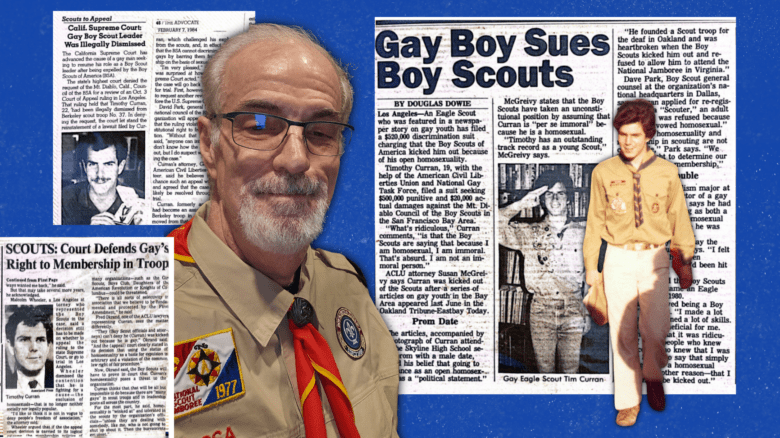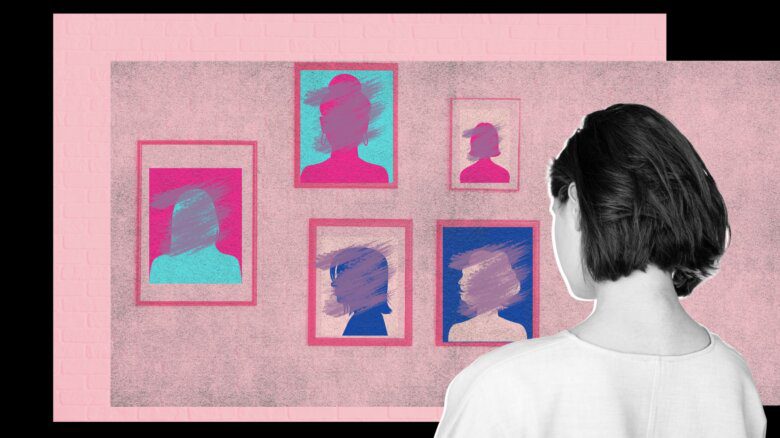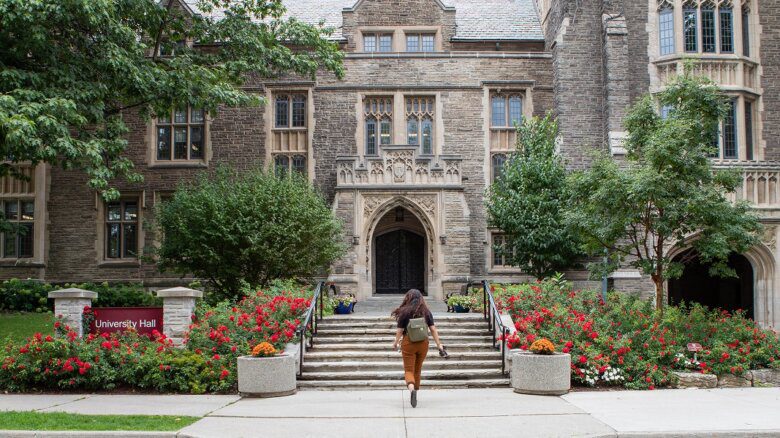The European Court of Human Rights (ECHR) handed victory to a Northern Irish bakery last week in a long-running dispute regarding its refusal to bake an LGBTQ+ themed cake.
On Thursday, the ECHR dismissed an appeal brought by Gareth Lee, an LGBTQ+ activist whose 2014 request for a cake featuring the Sesame Street characters Bert and Ernie alongside the phrase “Support Gay Marriage” was rejected by Ashers Baking Co. in Belfast. Lee, a member of the LGBTQ+ advocacy group Queerspace, intended the design for an event in support of marriage equality, which was finally legalized in Northern Ireland in 2020.
Although Ashers initially accepted the order, the shop refunded Lee’s purchase two days later, claiming that fulfilling the request would violate the Christian beliefs of its owners, Daniel and Amy McArthur. Lee responded by filing a lawsuit claiming that he had been discriminated against based upon his sexual orientation.
After winning a series of court rulings leading to a victory at the Northern Ireland Court of Appeal in 2016, the U.K. Supreme Court reversed those decisions in 2018. In a unanimous decision, a five-judge panel claimed that the bakery’s “objection was to the message on the cake, not any personal characteristics of the messenger, or anyone with whom he was associated.”
In 2019, Lee appealed to the ECHR, which oversees policy matters affecting the 47 member states in the Council of Europe, but the court confirmed on Thursday it would not hear the long-running case. A majority of the seven-judge bench claimed that Lee and his attorneys rendered the suit “inadmissible” by failing to raise concerns specific to the ECHR, such as the right to privacy, during the cases before the courts in Northern Ireland and the U.K.
“By relying solely on domestic law, the applicant had deprived the domestic courts of the opportunity to address any Convention issues raised, instead asking the Court to usurp the role of the domestic courts,” the ECHR wrote in its decision, per USA Today.
Lee’s attorneys confirmed that the team would continue to pursue legal remedies for their client, but there could be few pathways left after seven years of fighting. In a statement to the BBC, Lee said that he was “frustrated that the core issues did not get fairly analyzed and adjudicated upon because of a technicality.
“Everyone has freedom of expression and it must equally apply to lesbian, gay, bisexual and trans people,” he said.
LGBTQ+ groups in the U.K. also expressed disappointment in the ECHR ruling. The London-based advocacy organization Stonewall tweeted on Thursday that the verdict is a “backward step for equality,” before adding that “human rights belong to people, not businesses.
“No business should discriminate against their customers, and no discriminatory behaviour should be held up by equality law,” Stonewall wrote.
The Rainbow Project, a support group based in Belfast, cited particular worries that the U.K. Supreme Court ruling had created “uncertainty” in the rights and privileges afforded to LGBTQ+ people that were not resolved by the ECHR.
“While today’s decision brings this case to a close, there remains a number of questions around what protections exist for LGBTQIA+ people when accessing goods, facilities and services following the Supreme Court decision in October 2018,” its director, John O’Doherty, said in a statement cited by The Guardian.
The ECHR ruling is just the latest setback in the global LGBTQ+ rights movement following Masterpiece Cakeshop v. Colorado Civil Rights Commission, a similarly themed ruling before the U.S. Supreme Court in 2018. In a narrow 7-2 ruling, judges ruled that the Colorado Civil Rights Commission had failed to properly weigh the faith beliefs of Christian baker Jack Phillips in fining him for refusing to create a custom cake for a same-sex wedding.
SCOTUS judges did not weigh in as to whether Phillips’ faith beliefs gave him the right to skirt Colorado’s nondiscrimination laws, a subject that is likely to be decided in future court rulings.
Alliance Defending Freedom (ADF), the right-wing Christian law firm that defended Phillips in court, submitted an amicus brief on behalf of Ashers Baking Co. before the ECHR. The executive director of ADF International, Paul Coleman, claimed in a 2017 op-ed that the two cases comprise a “fork in the road” that will “shape the directions of Western freedoms in the years ahead.”


 Why you can trust Xtra
Why you can trust Xtra


